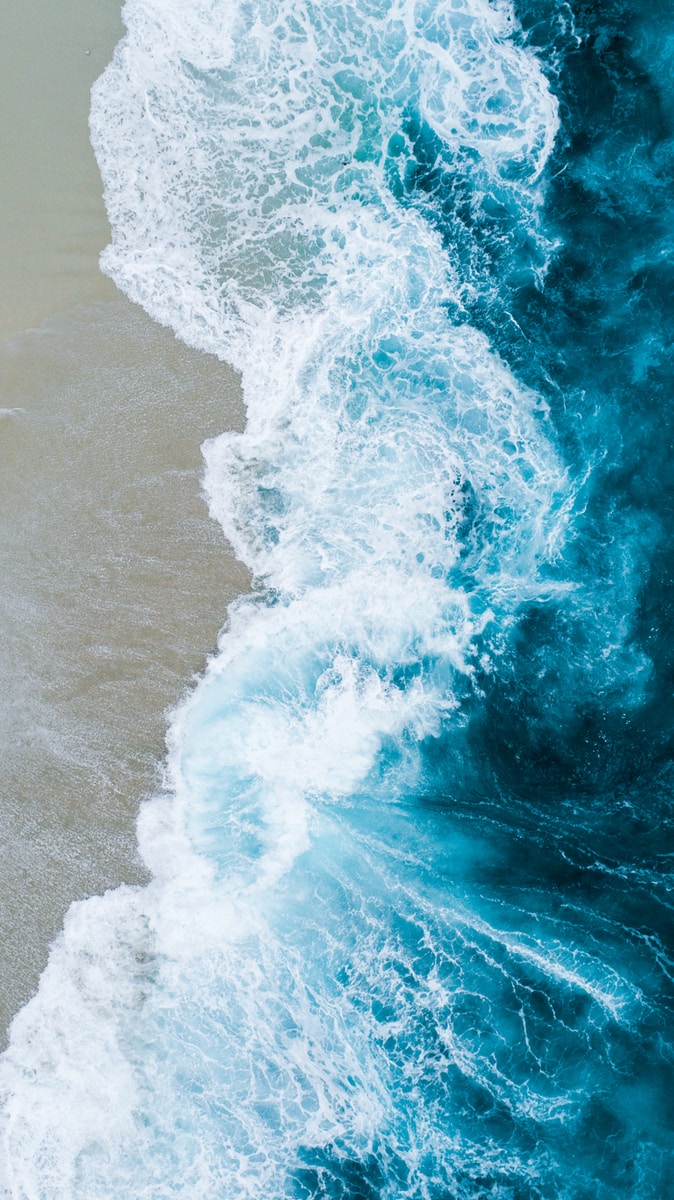How Nature Affects Mental Health
Spring into Nature and Mental Health
Spring is here, the flowers are in bloom, the forest canopies are green and the lakes are getting warmer. This is an ideal time of year to spend time in the great outdoors whether this be hiking, cycling or taking a dip in the many lakes. It is well known that being outdoors in nature has numerous benefits for our physical and mental well-being. Research has shown that being in contact with nature increases, happiness, subjective well-being, positive affect, improving social interactions and provides a sense of purpose in life, as well as decreasing mental distress1.
Now that the mornings are getting lighter, going outside for exercise first thing can naturally activate the circadian rhythm which regulates the 24 hour body clock, balancing cortisol levels for the rest of the day and supporting sleep2.
Taking a plunge into an outdoor lake* may pose a challenge but actually placing the body in a challenging situation will initially activate cortisol levels, following by endorphins to provide that overall sense of well-being3. Further swimming in cold water has been found to help coping with stressful situations as the body learns to manage the ‘’fight or ‘flight’ response3. In addition, cold water swimming has been found to improve overall mental well-being4 and even depression5.
If the idea of an icy dip is not inviting, then taking time for some mindful walking, outdoor yoga or meditation in nature. Indeed, research has shown that nature can provide the ideal space for connecting with one’s own inner world6. Hence, whatever outdoor activity takes your fancy this spring, Mother Nature has provided an abundance of natural resources which can naturally help to revive our mental and physical health.
Dr Dipl. -Psych Sarah Fitzroy is an English speaking psychologist in Berlin
References
- Bratman GM, Anderson CB, Berman MG, Cochran B, De Vries S, Folke C., et al. Nature and mental health: An ecosystem service perspective. Science Advances [Internet] 2019 [cited 2022 April 22]; 5, (7). Available from: www.science.org/doi/10.1126/scieadv.aax0903
- Tahkamo L, Partonen T, Pesonen A-K. Systematic review of light exposure impact on human circadian rhythm. Chronobiology International [Internet]. 2019 [cited 2021 June 13]; 36 (2):151-170. Available from doi: 10.1080/07420528.2018.1527773
- Knechtle B, Waśkiewicz, Z, Sousa, CV, Hill, L, Nikolaidis, PT. Cold Water Swimming – Benefits and Risks: A narrative review. International Journal of Environmental Research and Public Health [Internet]. 2020 [cited 2022 April 22]; 17(23): 8984. Available from: doi: 10.3390/ijerph17238984
- Huttunen P, Kokko L, Ylijukuri V. Winter swimming improves general well-being. International Journal of Circumpolar Health [Internet. 2004 [cited 2022 April 22]; 63:140–144. Available from: doi: 10.3402/ijch.v63i2.17700.
- Van Tulleken C, Tipton M, Massey H, Harper, CM. Open water swimming as a treatment for major depressive disorder. British Medical Journal Case Report [Internet]. 2018 [cited 2022 April 22]. Available from: doi: 10.1136/bcr-2018-225007.
- Coleman M. Why Meditating in Nature is Easier. Yoga Journal [Internet] 2008 [cited 2022 April 22]. Available from: https://www.yogajournal.com/meditation/natural-wonder/
*There are of course risks associated with cold water swimming and it is important to approach your GP first if you have any known health conditions.
Our vision
Psychological Support for Berlin expats
My International Therapy aims at providing a reliable and patient-focused psychological support for Berlin expats
We’re Here to talk
Write to us
Schönhauser Allee 55, 10437 BERLIN
Open Hours
Mon – Fri: 09AM – 08PM
Sat : 09AM – 07PM


